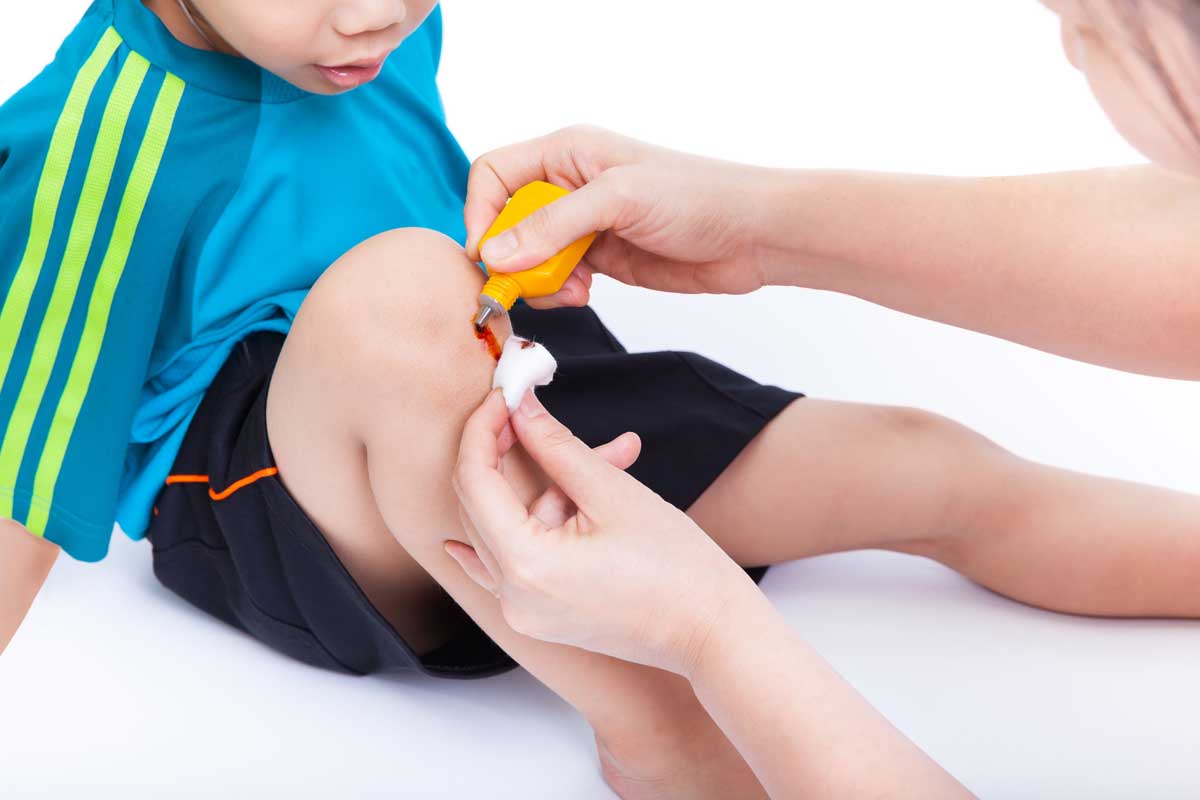Empowering Parents: First Aid Measures and Supportive Care for Children’s Vomiting

Children vomiting can be a common occurrence, especially in younger children. It can be caused by a variety of factors, including infections, food allergies, motion sickness, and more. As a parent, it’s important to know how to provide first aid measures and supportive care for your child when they are vomiting. In this article, we’ll explore some tips for empowering parents to care for their child when they are vomiting.
First Aid Measures
When your child is vomiting, there are a few first aid measures that you can take to help them feel more comfortable and prevent dehydration. Here are some tips:
- Keep your child hydrated: Encourage your child to drink small amounts of clear fluids, such as water or electrolyte solutions, to prevent dehydration. Avoid giving your child sugary or caffeinated drinks, as these can make dehydration worse.
- Offer bland foods: Once your child has stopped vomiting, offer them bland foods, such as crackers, toast, or rice. Avoid giving your child spicy, fatty, or acidic foods, as these can irritate their stomach.
- Rest: Encourage your child to rest and avoid strenuous activities until they feel better. This can help their body recover and reduce the risk of further vomiting.
- Medications: Over-the-counter medications, such as anti-nausea or anti-diarrhea medications, can be used to relieve symptoms. However, it’s important to consult with your child’s doctor before giving them any medication.
Supportive Care
In addition to first aid measures, there are several supportive care techniques that can help your child feel more comfortable when they are vomiting. Here are some tips:
- Offer support to your child: Offer your child comfort and reassurance when they are vomiting. Hold their hand, rub their back, or offer a comforting word to help them feel better.
- Keep the environment calm: A calm environment can help your child feel more comfortable when they are vomiting. Avoid loud noises or bright lights, and keep the room cool and quiet.
- Keep your child comfortable: Provide your child with comfortable clothing and bedding to help them feel more at ease. Avoid tight clothing or scratchy fabrics, as these can irritate their skin.
- Use a cool compress: Placing a cool compress on your child’s forehead or the back of their neck may help reduce nausea and vomiting.
- Use aromatherapy: Essential oils, such as peppermint or lavender, may help reduce nausea and vomiting. Place a few drops of essential oil on a tissue or use a diffuser to fill the room with the scent.
Prevention
While it’s not always possible to prevent vomiting in children, there are some steps that parents can take to reduce the risk. Here are some tips:
- Wash hands: Encourage your child to wash their hands regularly to prevent the spread of infections.
- Avoid trigger foods: If your child has food allergies or sensitivities, avoid giving them trigger foods that can cause vomiting.
- Take breaks during travel: If your child is prone to motion sickness, take breaks during travel to allow them to rest and avoid nausea.
- Stay up-to-date on vaccinations: Keep your child up-to-date on vaccinations to prevent infections that can cause vomiting.
When to Seek Medical Attention
In most cases, vomiting in children is not a cause for concern and can be treated with first aid measures and supportive care. However, there are some situations where medical attention may be necessary. Here are some signs that you should seek medical attention for your child:
- Vomiting lasts for more than 24 hours
- Your child is unable to keep down fluids or food
- Your child has signs of dehydration, such as dry mouth, sunken eyes, or decreased urine output
- Your child has a high fever, severe headache, or abdominal pain
- Your child has blood in their vomit or stool
Conclusion
Children vomiting can be a stressful experience for both parents and children. However, by knowing how to provide basic care and support, parents can help their child feel more comfortable and at ease. It’s also important to take steps to prevent vomiting and seek medical attention when necessary. With these tips, parents can feel empowered to care for their child when they are vomiting.







